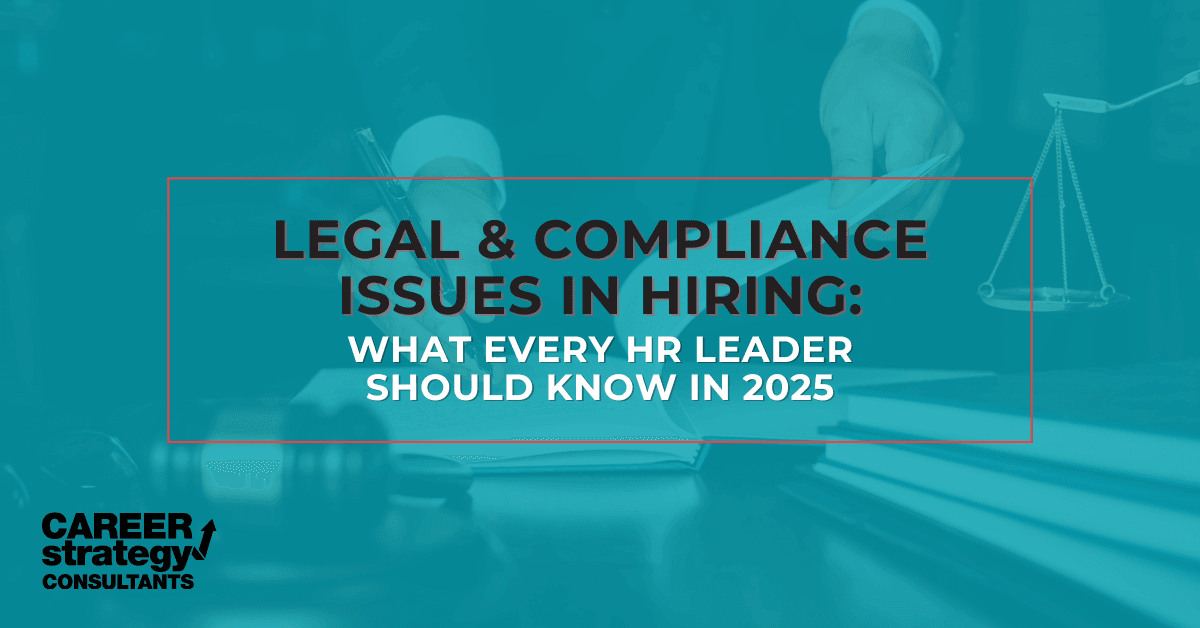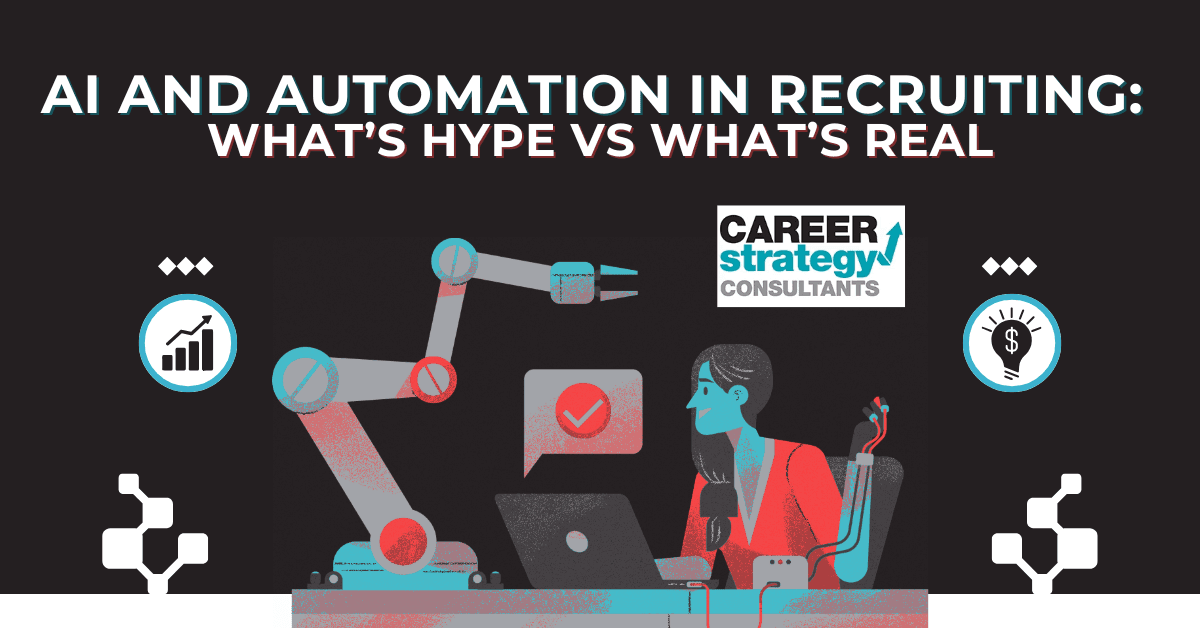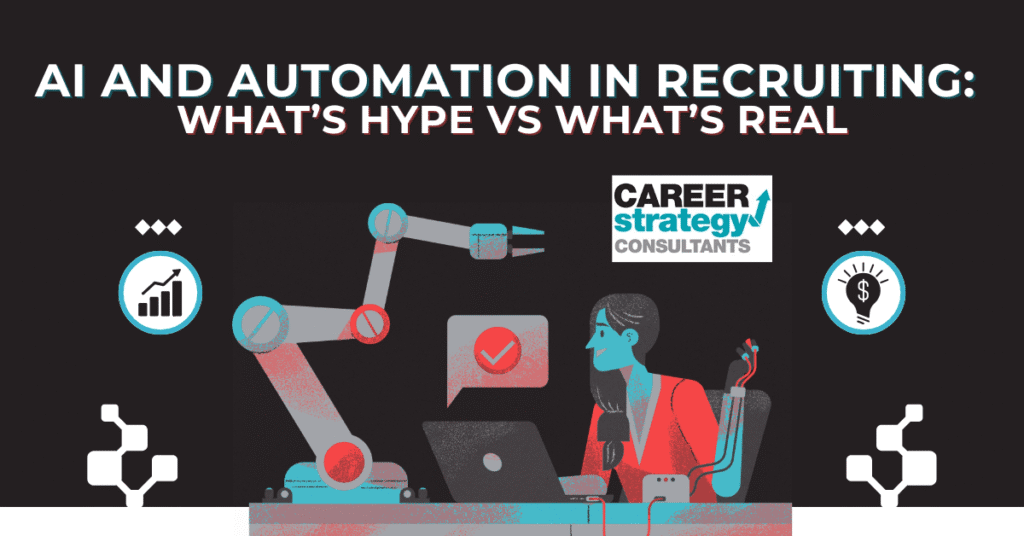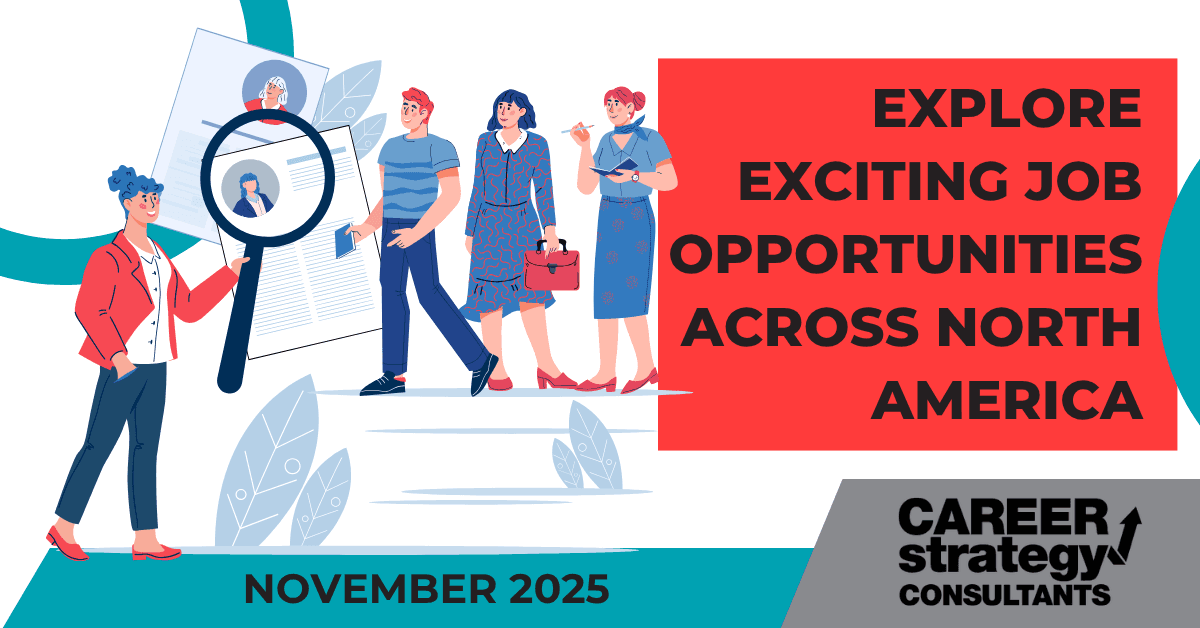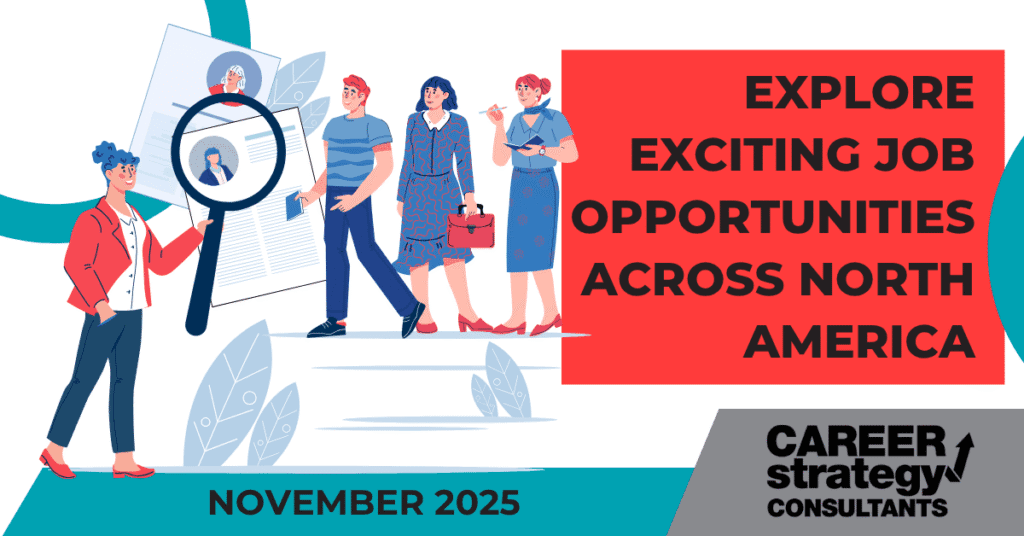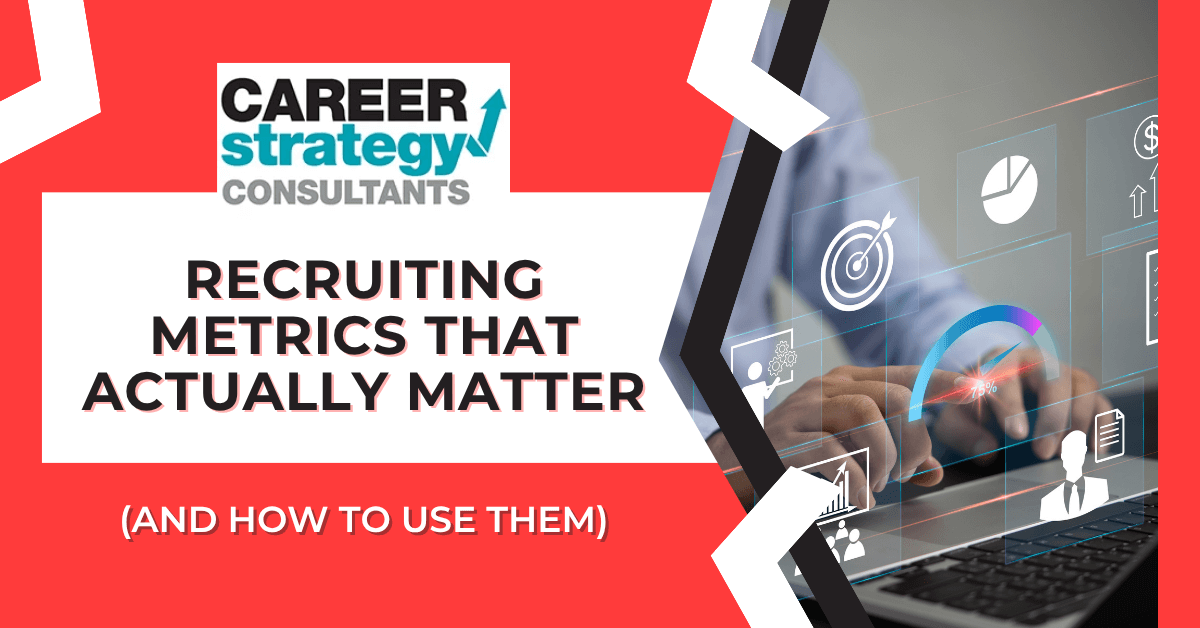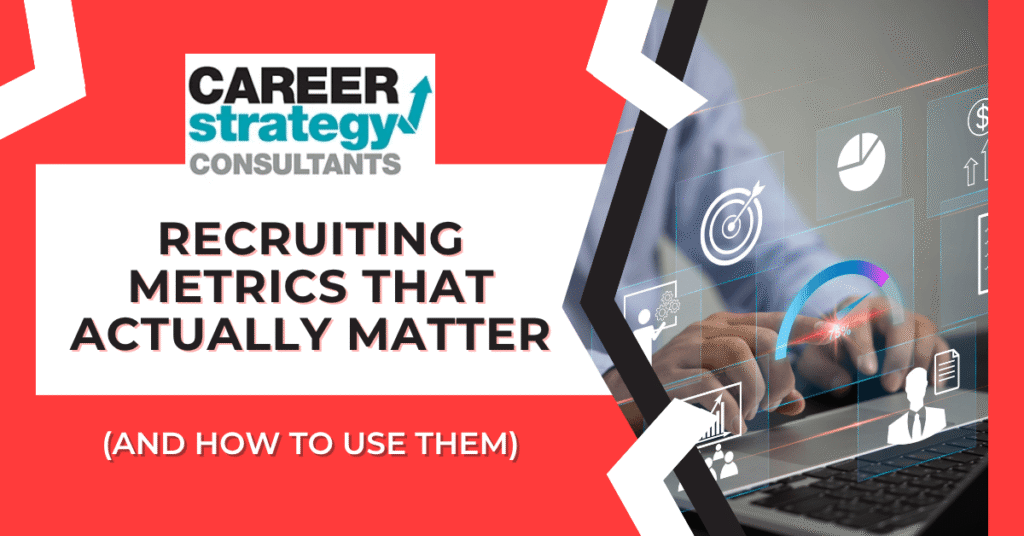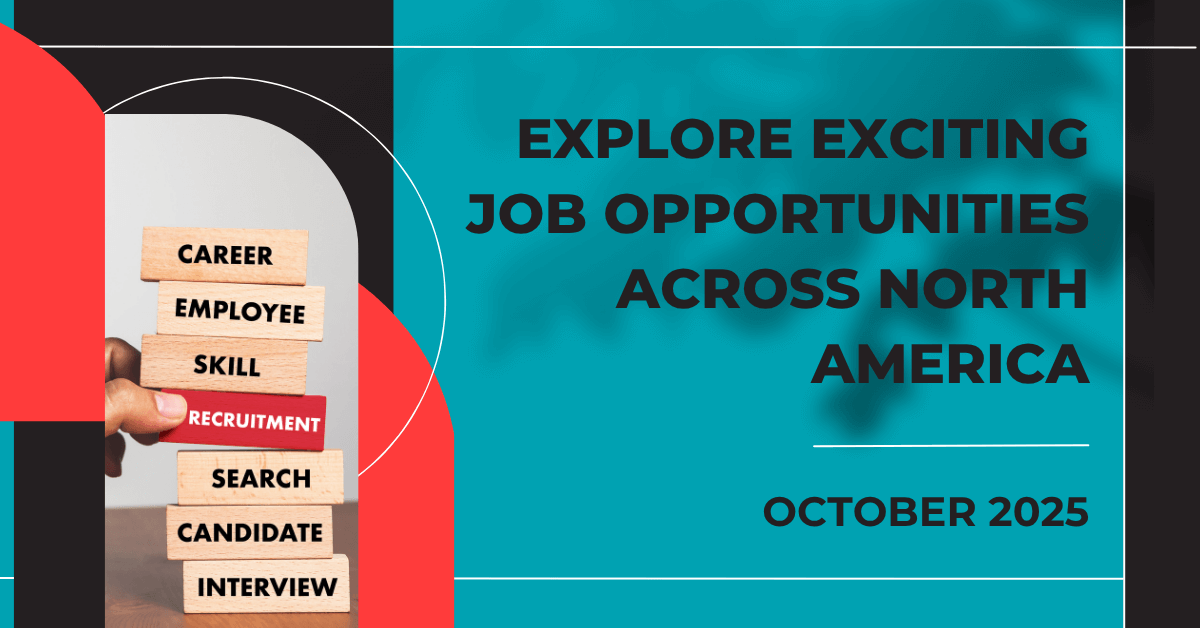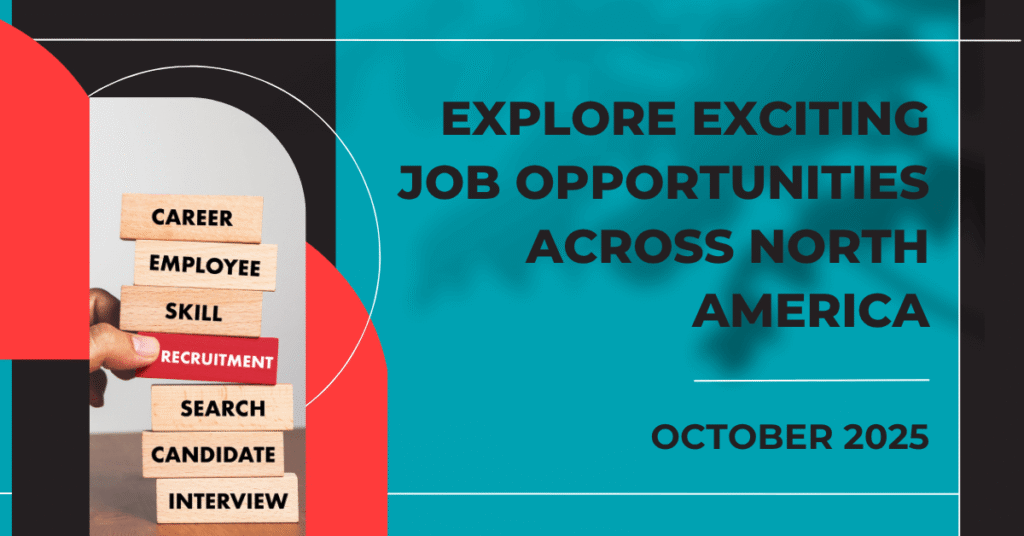Legal & Compliance Issues in Hiring: What Every HR Leader Should Know in 2025
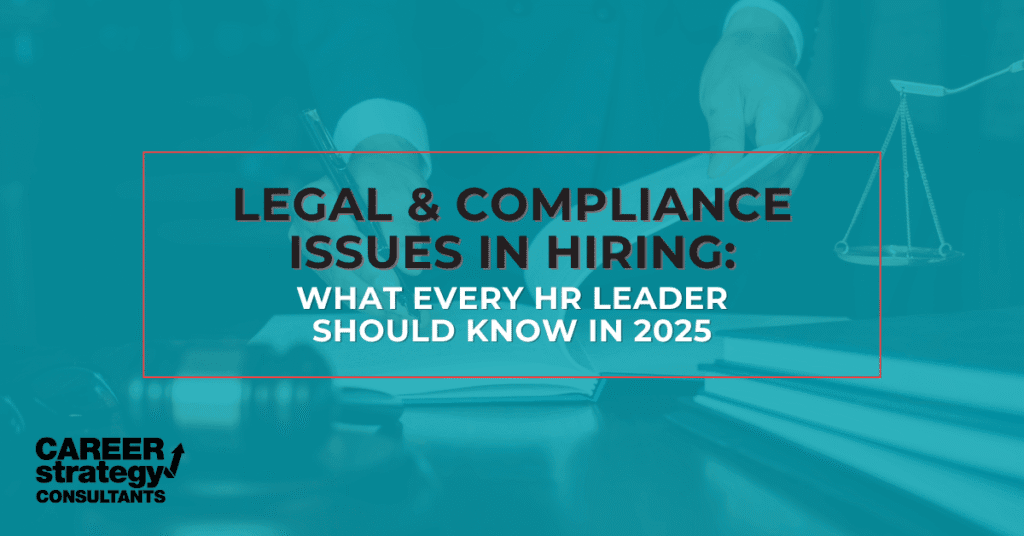
In 2025, hiring compliance is more complex than ever. With evolving employment laws, pay transparency requirements, and remote work regulations, companies must stay ahead to avoid costly fines or worse, reputational damage.
Whether you’re hiring across multiple states or managing hybrid teams, understanding key legal and compliance issues in hiring is essential. Career Strategy Consultants created this checklist to help HR leaders maintain compliance while building strong, diverse teams.
- Background Checks & Fair Hiring Practices
Background checks are still a standard part of the hiring process, but they’re heavily regulated at both state and federal levels.
Key Guidelines:
- Follow the Fair Credit Reporting Act (FCRA) for candidate consent and disclosure.
- Use consistent screening criteria to avoid discrimination claims.
- Observe Ban-the-Box laws in states like California, Illinois, and New York, which limit when criminal history can be discussed.
CSC Tip: Document every background check and maintain candidate consent forms for at least two years.
- Pay Transparency Laws by State
More states are requiring employers to disclose salary ranges in job postings. These laws aim to reduce wage gaps and improve pay equity.
Examples:
- California: Employers must include pay ranges in all job postings and provide them upon request.
- Colorado: Requires pay range, benefits, and bonus info for any role that could be performed in the state.
- New York: Applies to any job advertised within the state; enforcement penalties can reach $250,000.
CSC Tip: Create a standardized pay transparency policy and train hiring managers on disclosure requirements.
- Remote Work & Multi-State Compliance
As remote work continues, companies must navigate tax, labor, and compliance challenges across jurisdictions.
Key Considerations:
- Tax Nexus: Determine if having remote employees establishes a tax presence in new states.
- State-Specific Labor Laws: Overtime, PTO accrual, and sick leave laws vary widely.
- Worker Classification: Ensure remote contractors meet IRS and state definitions for 1099 status.
CSC Tip: Maintain a compliance checklist for every remote employee’s state to ensure wage and hour law adherence.
- EEOC & Anti-Discrimination Guidelines
The Equal Employment Opportunity Commission (EEOC) continues to prioritize discrimination prevention, particularly related to AI in hiring and accommodation of disabilities.
Best Practices:
- Regularly audit hiring tools for bias.
- Train managers on inclusive interview practices.
- Ensure job descriptions focus on essential functions only.
Emerging Issue: The EEOC’s 2025 guidance warns against algorithms that disadvantage protected groups, especially tools used for screening or personality assessments.
- I-9 Verification & Document Retention
Employers must complete Form I-9 within three business days of hire. With remote hires, new electronic verification options are available.
2025 Updates:
- DHS now allows virtual verification for E-Verify employers.
- Employers must retain I-9s for three years after hire or one year after termination (whichever is later).
CSC Tip: Conduct internal I-9 audits annually and keep all forms securely stored.
- Diversity, Equity & Inclusion Compliance
While DE&I isn’t a legal requirement, many companies tie it to ESG (Environmental, Social, and Governance) reporting and federal contracting standards.
Recommended Actions:
- Track applicant demographics (voluntarily provided) to monitor outreach effectiveness.
- Review job ads for inclusive language.
- Offer reasonable accommodations in all stages of the hiring process.
CSC Compliance Checklist
✅ Verify background check compliance with FCRA and local laws.
✅ Implement standardized pay transparency policies.
✅ Confirm tax and labor law compliance for remote workers.
✅ Audit AI hiring tools for bias.
✅ Maintain I-9 and documentation retention policies.
✅ Regularly train HR and hiring teams on DE&I best practices.
Conclusion
Compliance isn’t optional; it’s the foundation of ethical, sustainable hiring. By staying informed on evolving laws, HR leaders can reduce risk and build stronger, more equitable organizations.
At Career Strategy Consultants, we help clients stay compliant and competitive with recruiting solutions that align with both business goals and legal requirements.
Stay compliant, stay competitive. Partner with Career Strategy Consultants to ensure your recruiting and staffing practices meet every legal standard, while still attracting top talent nationwide.
Disclaimer
The information provided in this article is for general informational purposes only and does not constitute legal advice. Career Strategy Consultants, Inc. (“CSC”) makes no representations or warranties of any kind, express or implied, about the completeness, accuracy, reliability, suitability, or availability of this information.
Readers should not act upon the information contained herein without seeking qualified legal counsel regarding their specific circumstances. CSC is not responsible for any losses, damages, or liabilities that may arise from reliance on the information provided.
Laws and regulations governing employment, hiring, and compliance vary by jurisdiction and are subject to change. Always consult with your organization’s legal or compliance professionals before making any employment-related decisions.
Contact Us: Career Strategy Consultants | 740-325-1151 | info@careerstrategyinc.com
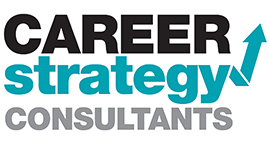
More Than Just Staffing
For Employers
For Individuals
